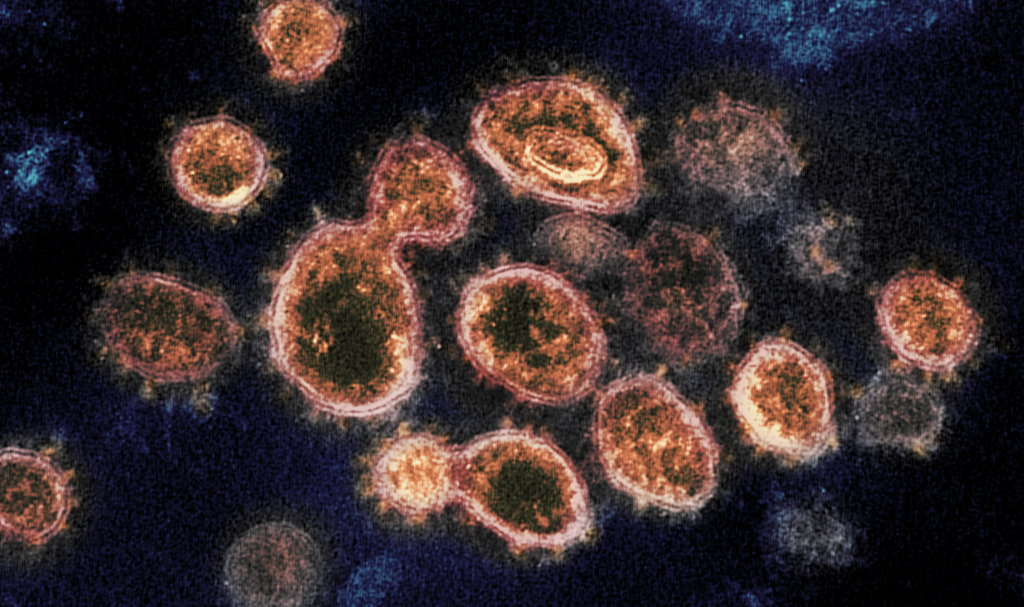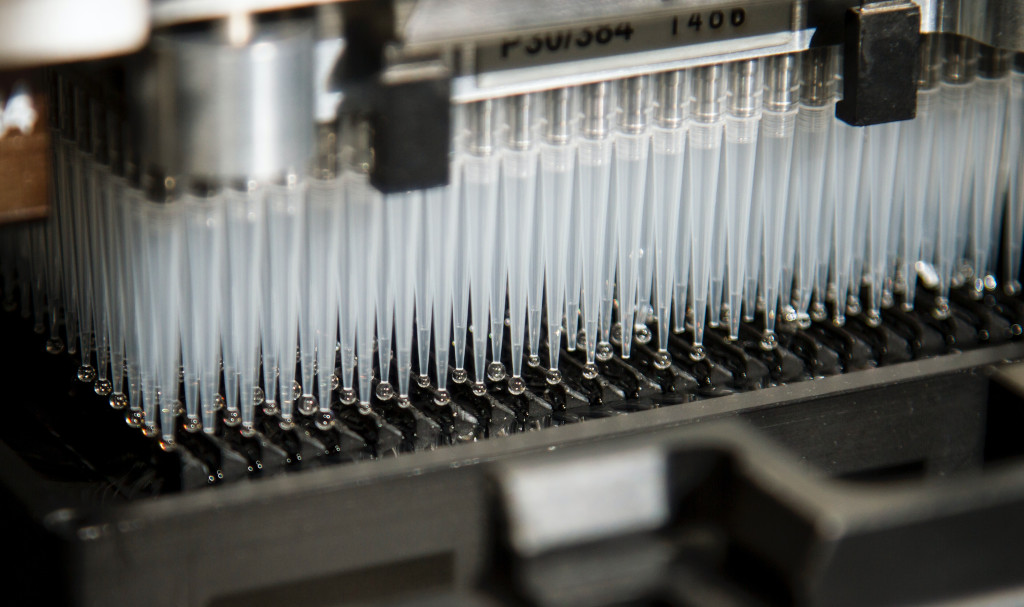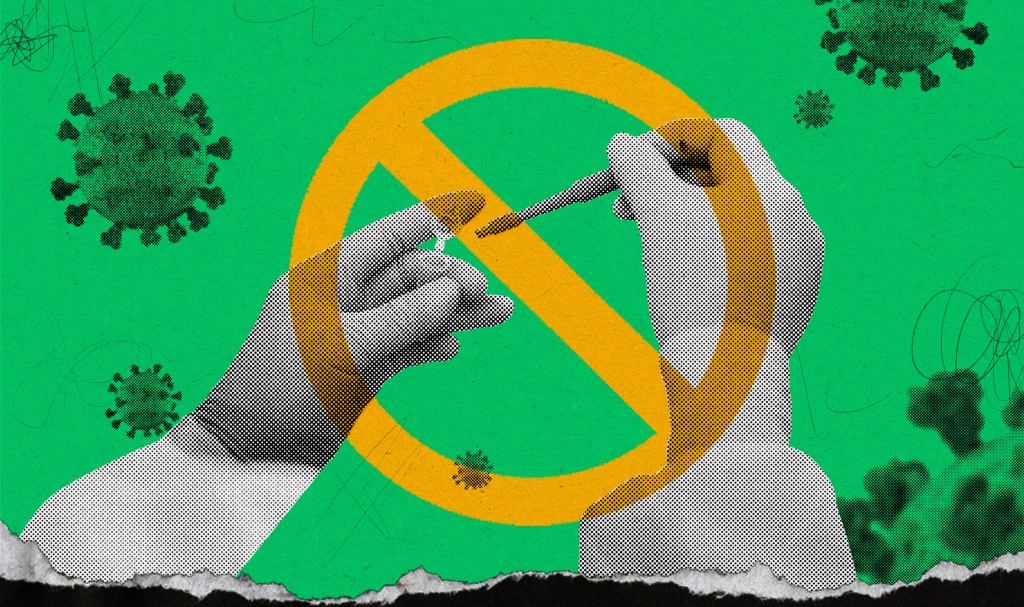
virology
Southeast Asian Bats and Pangolins Harbor SARS-CoV-2-related Coronaviruses
Experts have found evidence of coronaviruses related to SARS-CoV-2 circulating in bats and pangolins in Southeast Asia.
Disposable Kit Detects Airborne Viruses Within An Hour
Developed by a South Korean team, the kit can both sample and detect airborne viruses within 50 minutes on-site.
Monkey See, Monkey Do: Mimicking COVID-19 in Macaques
A rhesus macaque model of COVID-19 suggests that primates can shed SARS-CoV-2 virus from the nose and stool for nearly a month after infection.
SARS-CoV-2 Could Infect The Human Brain
Although it primarily impacts the lungs, SARS-CoV-2 could also infect the brain and cause problems there.
Scientists Confirm World’s First Case Of COVID-19 Reinfection
The fact that people who have recovered from COVID-19 can become reinfected suggests that immunity against SARS-CoV-2 may not be long-lasting.
Mutation Making SARS-CoV-2 Milder Identified
The ∆382 mutation in the open reading frame 8 region of the SARS-CoV-2 genome leads to less severe infections and could possibly be used as a live attenuated vaccine.
How Gene Shuffling And Selection Led To SARS-CoV-2
SARS-CoV-2 might have emerged through the shuffling and evolutionary selection of viral genes across different species, scientists say.
Speeding Up Virus Detection At Scale
Instead of detecting specific viral sequences, this universal virus detection platform looks for double stranded RNA.
Fact Check: 5 Reasons Why The Coronavirus Is Not ‘Man-made’
Controversial claims over the coronavirus’ origin have proliferated on the internet. Here, we examine the scientific evidence that supports its natural origins.













